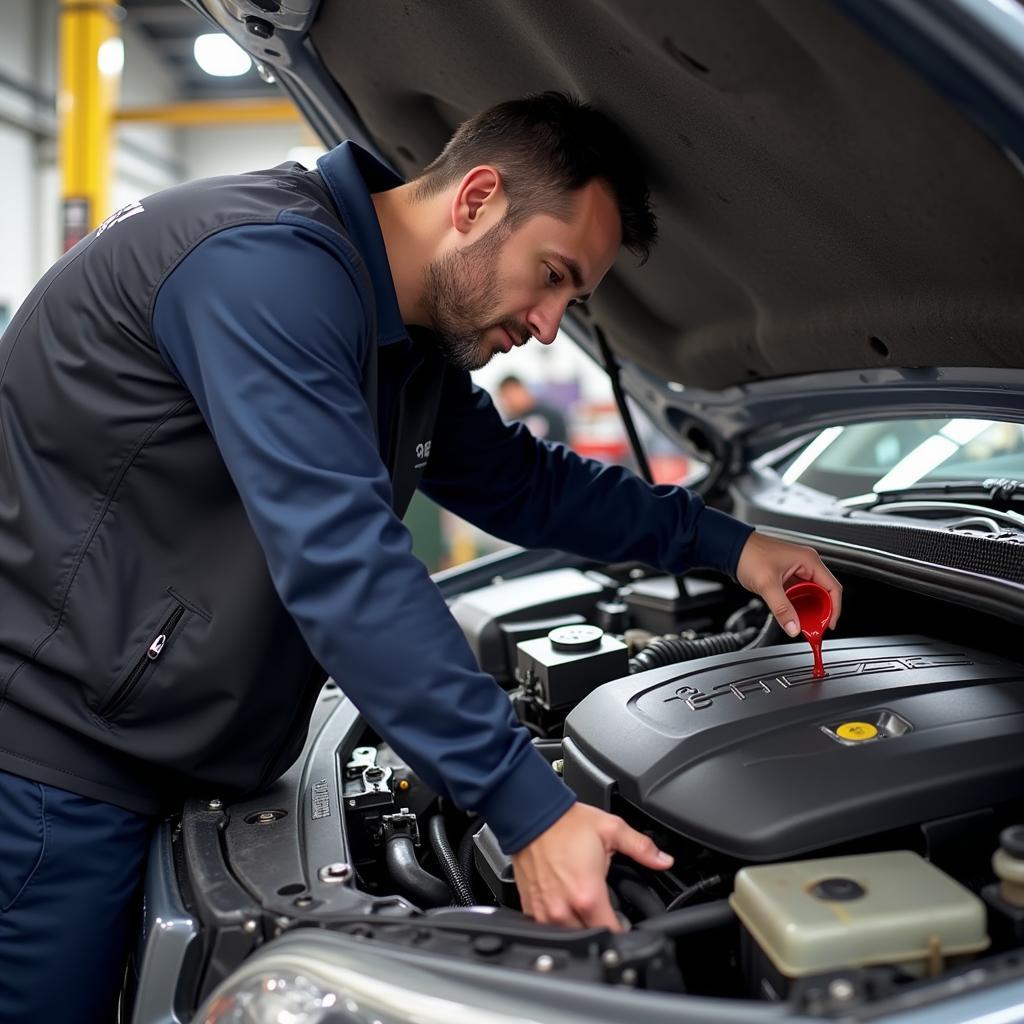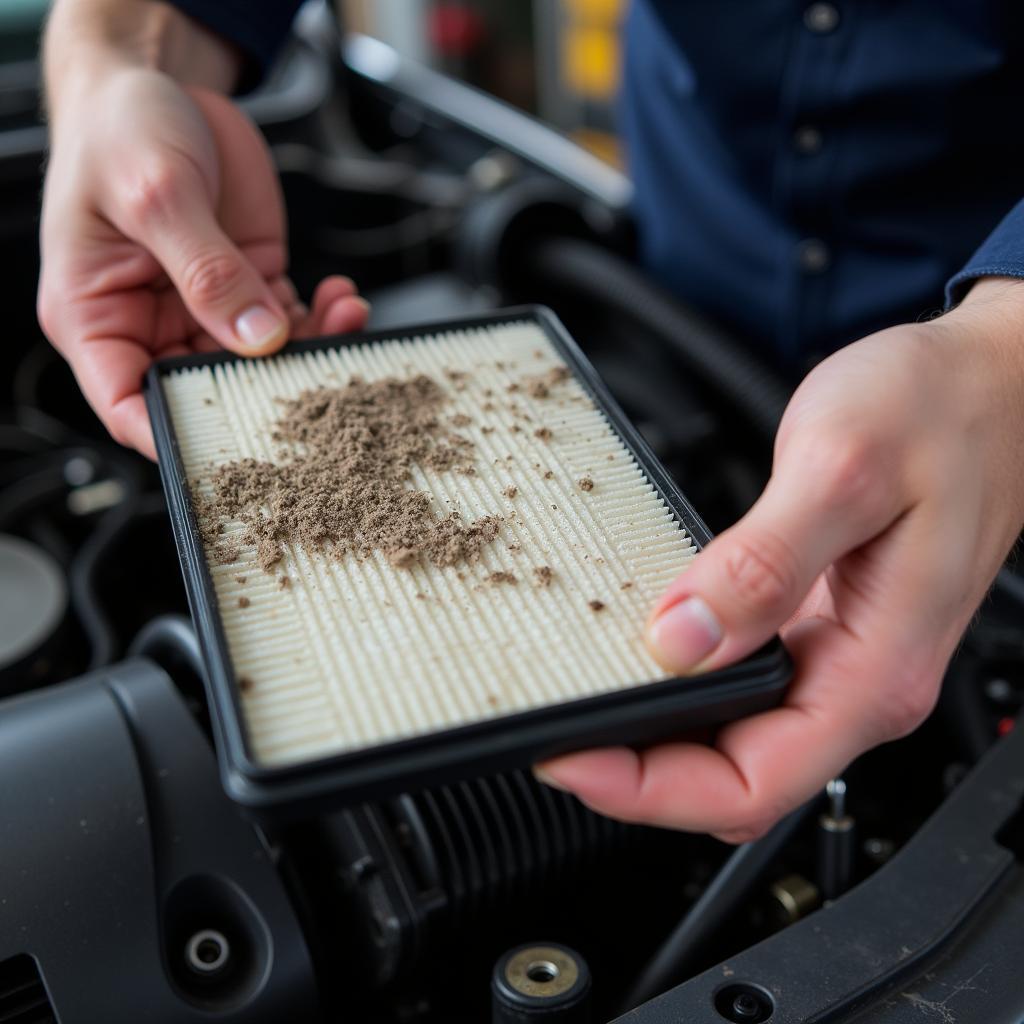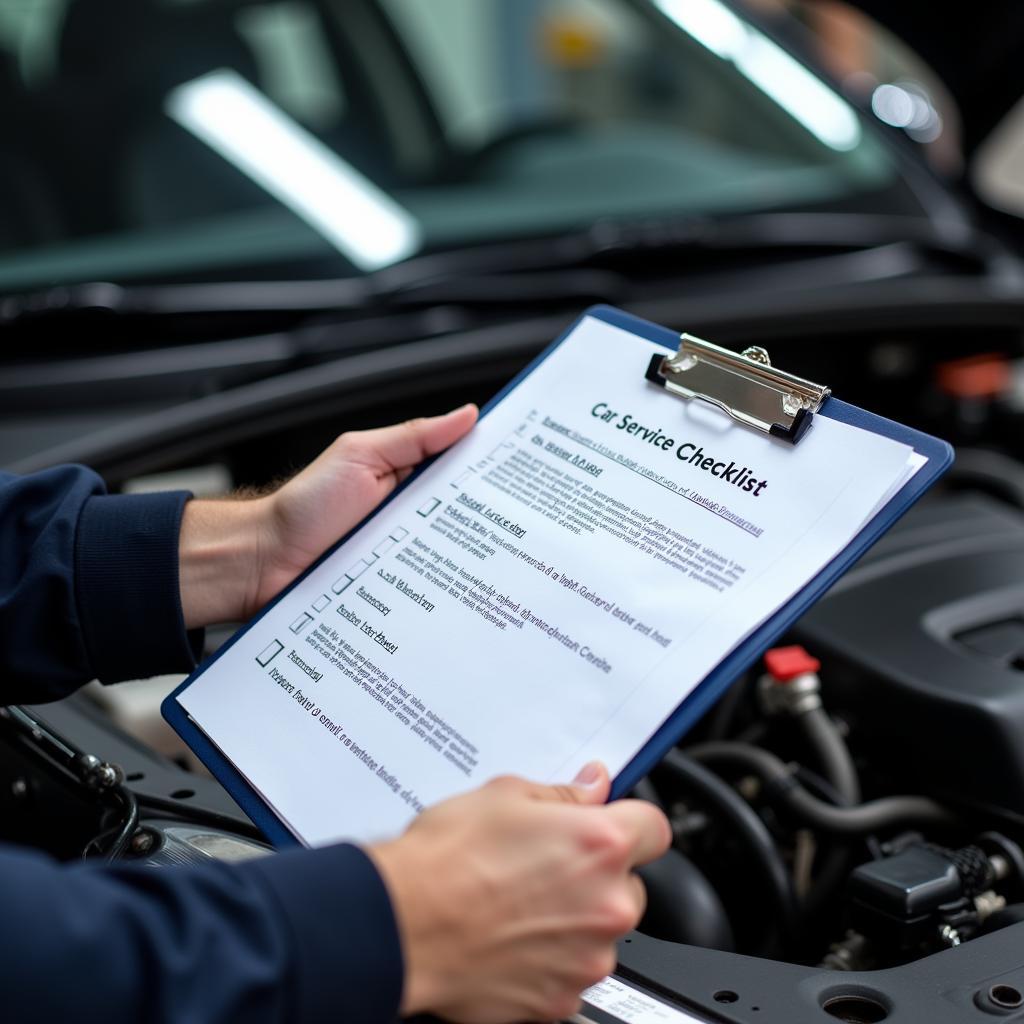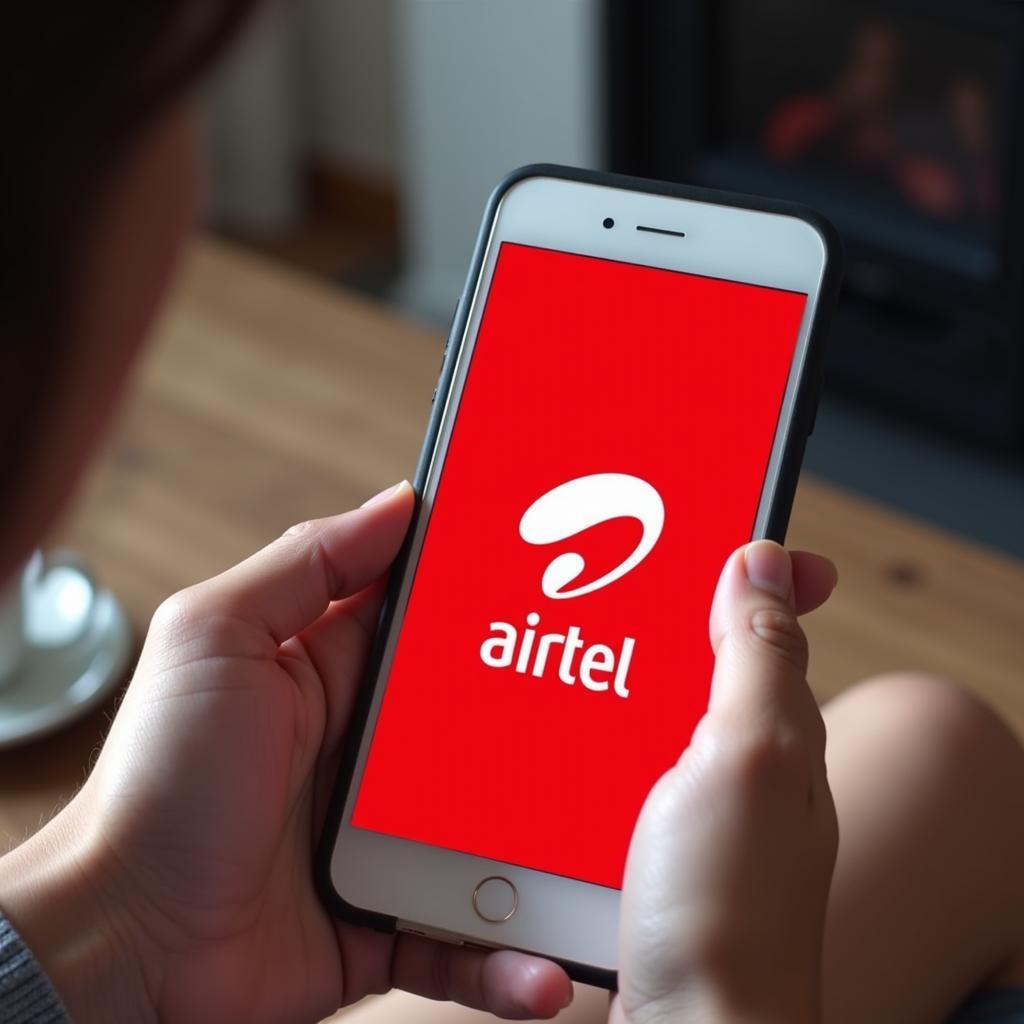What Should Be Done in Car Service: A Comprehensive Guide
Owning a car comes with the responsibility of regular maintenance. But “What Should Be Done In Car Service?” Understanding what your car needs and when can feel overwhelming. This guide simplifies car service, outlining essential maintenance tasks, their importance, and when to seek professional help.
Why Regular Car Service Matters
Regular car service isn’t just about keeping your car running; it’s about safety, longevity, and even resale value.
- Safety First: Well-maintained cars are safer. Regular checks on brakes, tires, and lights can prevent accidents and keep you and your passengers safe on the road.
- Longer Lifespan: Just like our bodies, cars need care to thrive. Regular service prevents small issues from becoming major (and costly) problems, extending your car’s lifespan significantly.
- Better Performance: A well-tuned engine runs smoother, offers better fuel efficiency, and provides a more enjoyable driving experience.
- Higher Resale Value: A well-documented service history assures potential buyers of your car’s condition, potentially leading to a better price when you decide to sell.
Essential Car Service Tasks
While specific service needs vary depending on your car’s make, model, and mileage, some tasks are universally essential:
1. Regular Oil Changes
 Car getting an oil change
Car getting an oil change
Oil is the lifeblood of your engine, lubricating moving parts, reducing friction, and preventing overheating. Over time, oil degrades, losing its effectiveness. Regular oil changes, typically every 3,000 miles or as recommended by your car manufacturer, ensure your engine runs smoothly and lasts longer.
2. Filter Replacements
Your car relies on various filters to function correctly:
- Oil Filter: Traps contaminants and debris in the oil, preventing them from circulating back into the engine.
- Air Filter: Cleans the air entering the engine, ensuring optimal combustion and performance.
- Cabin Air Filter: Cleans the air you breathe inside the car, removing dust, pollen, and other allergens.
Replacing filters regularly, usually with every other oil change or as recommended by the manufacturer, maintains engine health and ensures clean air inside your vehicle.
 Mechanic replacing a car air filter
Mechanic replacing a car air filter
3. Brake Inspections and Service
Brakes are your car’s most crucial safety feature. Regular inspections, including checking brake pads, rotors, and fluid levels, are vital.
Signs you may need brake service:
- Squealing or grinding noises when braking
- Vibrations felt through the brake pedal
- Car pulling to one side when braking
- Brake pedal feeling spongy or soft
4. Tire Maintenance
Tires are your only point of contact with the road. Regular maintenance ensures optimal performance and safety.
Key aspects of tire maintenance include:
- Tire Pressure Checks: Maintain proper tire pressure as per your car manufacturer’s recommendation for optimal fuel efficiency, tire lifespan, and handling.
- Tire Rotations: Regular tire rotations, typically every 5,000-8,000 miles, ensure even wear and tear, extending tire life.
- Wheel Alignment: Proper wheel alignment ensures your car drives straight and true, preventing premature tire wear and improving handling.
5. Fluid Checks and Top-ups
Your car relies on various fluids for essential functions. Regular checks and top-ups are essential. Key fluids to monitor:
- Engine Coolant: Prevents engine overheating.
- Brake Fluid: Transmits force from the brake pedal to the brakes.
- Power Steering Fluid: Assists in steering.
- Transmission Fluid: Lubricates and cools the transmission.
- Windshield Washer Fluid: Ensures clear visibility during driving.
6. Battery Testing
Your car battery powers everything from the starter motor to the headlights. Regular battery testing ensures it’s in good condition, especially in extreme temperatures.
7. Belt and Hose Inspections
Belts and hoses are crucial for engine function, powering components like the alternator, power steering pump, and water pump. Regular inspections check for cracks, wear, and tear.
Scheduled Maintenance: Following Your Car’s Service Schedule
Your car manufacturer provides a recommended service schedule in the owner’s manual. This schedule outlines specific maintenance tasks and their recommended intervals based on mileage or time, whichever comes first. Following this schedule ensures your car receives the proper care at the right time.
 Car service checklist on a clipboard resting on a car's dashboard
Car service checklist on a clipboard resting on a car's dashboard
Do I Need a Major Car Service?
A “major car service” typically refers to a more comprehensive service than a standard oil change and inspection. It usually involves a larger number of checks and replacements, often guided by mileage milestones. While the specific tasks vary between manufacturers, a major service might include:
- Spark Plug Replacement: Essential for optimal engine combustion.
- Timing Belt/Chain Inspection/Replacement: Crucial for engine timing and valve operation.
- Fuel System Cleaning: Improves fuel efficiency and engine performance.
- Coolant Flush: Replaces old coolant for optimal engine temperature regulation.
If you’re unsure about the type of service your car needs, consult a trusted mechanic. They can assess your car’s condition, mileage, and service history to recommend the most appropriate service.
Car Service: Empowering Car Owners
Understanding “what should be done in car service” empowers you to make informed decisions about your car’s maintenance. By following a regular service schedule, addressing issues promptly, and seeking professional help when needed, you can keep your car running smoothly, safely, and for years to come.
FAQ
1. How often should I get my car serviced?
It’s best to follow the manufacturer’s recommended service schedule outlined in your owner’s manual. Generally, most cars benefit from a basic service every 6,000 – 10,000 miles, or once a year, whichever comes first.
2. What is the difference between a major and minor car service?
A minor service usually involves routine checks and replacements like oil changes, filter changes, and fluid top-ups. A major service is more comprehensive, often addressing mileage-based maintenance like spark plug replacement, timing belt inspections, and more extensive checks.
3. How can I find a reliable car service center?
Seek recommendations from friends, family, or online reviews. Look for ASE-certified mechanics and shops with a good reputation for quality work and fair pricing.
4. Can I do some car service tasks myself?
While some tasks like checking tire pressure and refilling fluids can be done at home, it’s best to leave more complex tasks like oil changes and brake inspections to professionals.
5. How much should car service cost?
Costs vary depending on the type of service, your car model, and the service center’s rates. Always ask for a detailed estimate before any work is performed.
For more detailed information on specific car service needs, you can explore our other resources: what car service should be done at 15000 miles, what services should be done on a used car, and what should i get done car service.
Need further assistance or have more questions? Don’t hesitate to reach out! Our team is available 24/7 to provide expert advice and support. Contact us via WhatsApp at +1(641)206-8880 or email us at [email protected]. We’re always happy to help you keep your car in top shape!

